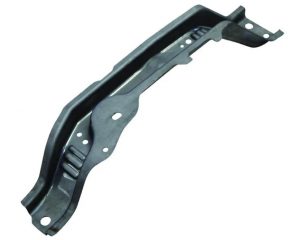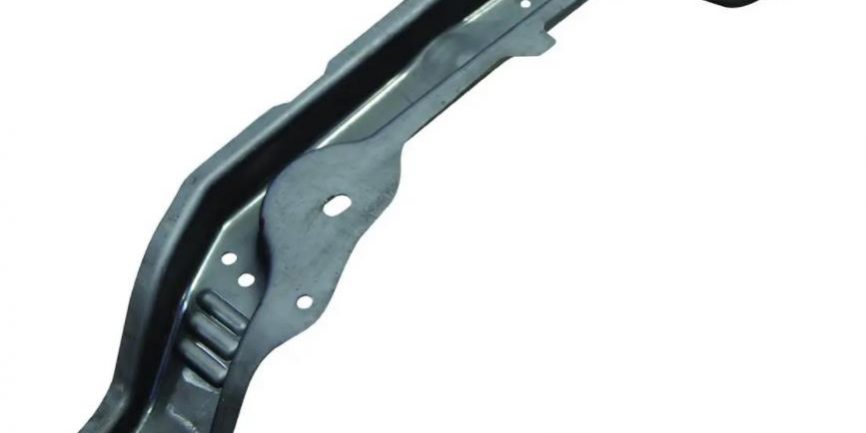
Precision metal stamping process, sometimes also known as progressive metal stamping, is a popular processing and manufacturing process in hardware processing at present, enabling a series of industries to produce difficult precision parts in an efficient and cost-effective way.
Hardware stamping process is a common way for manufacturers to use parts for a variety of equipment applications. Huiyuan Precision has a deep understanding of the advantages and functions of the stamping process to ensure that you get all the benefits when choosing precision metal stamping.
What is precision metal stamping?
The process uses a machine fitted with a mould to convert sheet metal into a custom shape with extremely tight tolerances, and manufacturers can even complete such work pieces with the single stroke of a press, which is known as a single stage operation.
More complex parts may require multiple strokes, which is called tandem operation. Precision metal stamping is flexible and adaptable, making it especially beneficial for mass production.
Its extremely high level of accuracy, even for complex parts, is what sets the process apart from similar machining options. Precision metal-stamping machinery enables manufacturers to perform microstamping, making intricate tiny parts where even the smallest error can render the final product invalid.
The accuracy and efficiency of precision metal stamping in creating these parts has created high demand in industries ranging from automotive to aerospace.
Projects that use precision metal stamping often begin with computer modeling that virtually simulates the stamping process to check for errors or defects.
Once the test is complete, the computer will send the design directly to the machine in an efficient process, thus reducing the chance of human error.
Zhenna technology hardware parts processing factory has the equipment to produce ultra-precision parts, professional mold customization, 1:1 reduction drawings, small hole processing range up to ¢0.01-¢0.2mm.






